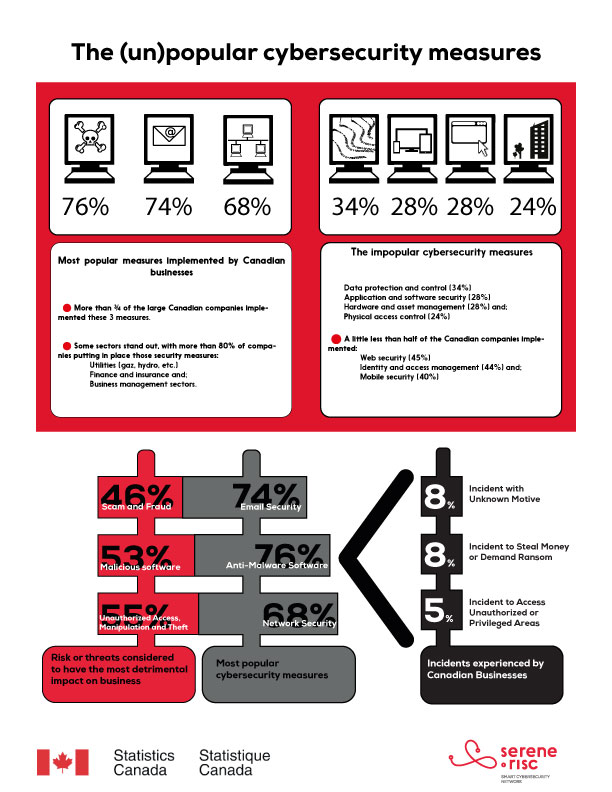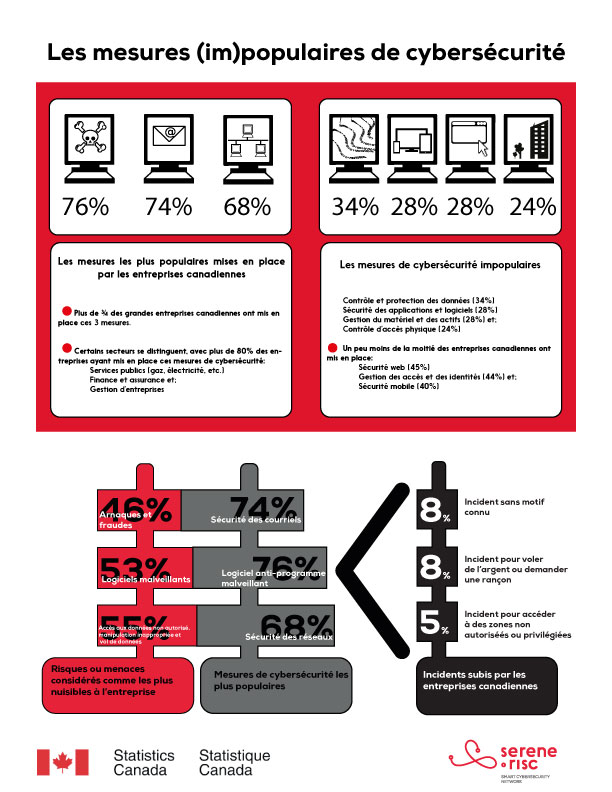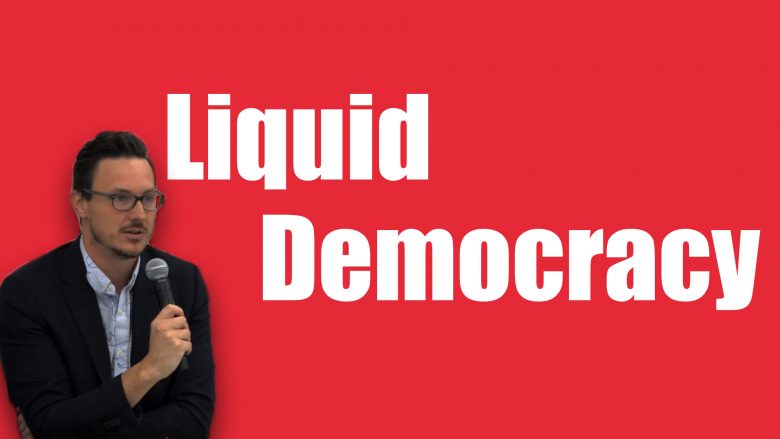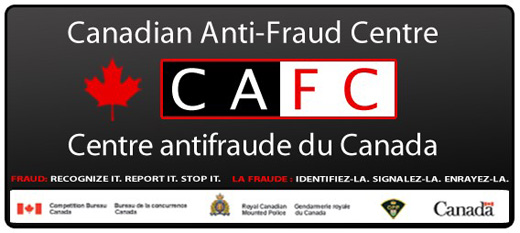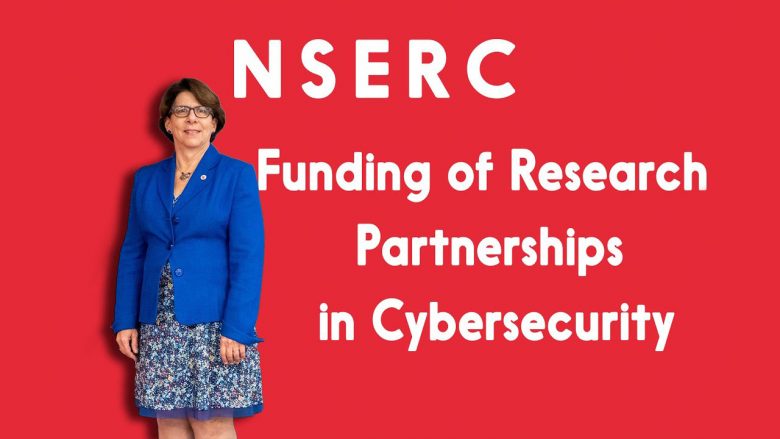Canadian businesses continue to embrace digital technologies rapidly, exposing them to a greater range of cybersecurity risks and threats. The 2017 Canadian Survey of Cyber Security and Cybercrime (CSoCC) was designed to provide a portrait of the current threat environment by providing new and up-to-date information Canadian businesses’ responses to cybersecurity challenges. Canadian businesses and …
Les entreprises canadiennes continuent d’adopter rapidement les technologies numériques, les exposant ainsi à un plus grand nombre de risques et de menaces. L’Enquête canadienne sur la cybersécurité et le cybercrime de 2017 (ECCC) a été conçue pour brosser un tableau du climat actuel en fournissant des informations nouvelles et actualisées sur les réponses des entreprises …
Jeremy Clark from Concordia University presented “Liquid Democracy” at The DEFENDING DEMOCRACY:CONFRONTING CYBER-THREATS AT HOME AND ABROAD conference on Friday, October 26, 2018 at the Telfer School, University of Ottawa, Canada.
Here are the latest scientific publications our co-investigators: Books C Boyd, A Mathuria, D. Stebila: Protocols for Authentication and Key Establishment, Second Edition, Information Security and Cryptography. Springer, 2019. In press. Blayne Haggart, Kathryn Henne, N. Tusikov: Information, Technology and Control in a Changing WorldUnderstanding Power Structures in the 21st Century Book chapters Barry Cartwright, George RS Weir, R. …
Le présent bulletin donne un aperçu des fraudes qui continuent de cibler des contribuables canadiens chaque année. Fraudes ciblant les contribuables Le Centre antifraude du Canada (CAFC) continue de recevoir des signalements de fraudes ciblant les contribuables par courriel, message texte et téléphone. Ces fraudes peuvent prendre l’une des formes suivantes : Les fraudeurs appellent …
This bulletin was prepared to provide information on tax scams, which continue to target Canadians each year. Tax Scams The Canadian Anti‐Fraud Centre (CAFC) continues to receive reports of emails, text messages and telephone calls related to tax scams. Tax scams can involve the following: Fraudsters are calling consumers impersonating the Canada Revenue Agency (CRA) …
Aleksander Essex from the University of Western Ontario presented “Online Voting in the 2018 Ontario Municipal Election” at The DEFENDING DEMOCRACY:CONFRONTING CYBER-THREATS AT HOME AND ABROAD conference on Friday, October 26, 2018 at the Telfer School, University of Ottawa, Canada. The slides of the presentation are available here.
Our co-investigator Holly-Ann Garnett published a new article on evaluating online registration. The article evaluates online voter registration, using the case of Elections Canada’s introduction of an online voter registration service in advance of the 2015 Canadian general election. It asks two major questions: (1) What sociodemographic and attitudinal characteristics can predict online registration usage? …
NSERC has been funding academic researchers in the area of cybersecurity for a long time. There have been a number of programs that have been used in the past to provide this financial support. At the present time investments are still strong especially in emerging areas like quantum cryptography where Canada has been shown to …
For English version, consult this page. Au Canada et ailleurs, les statistiques sont essentielles au développement de politiques publiques efficaces basées sur des données probantes. L’utilisation de statistiques consolidées dans la prévention et le contrôle de la cybercriminalité est un enjeu d’autant plus important aujourd’hui que le gouvernement canadien s’est doté d’une stratégie nationale de …

